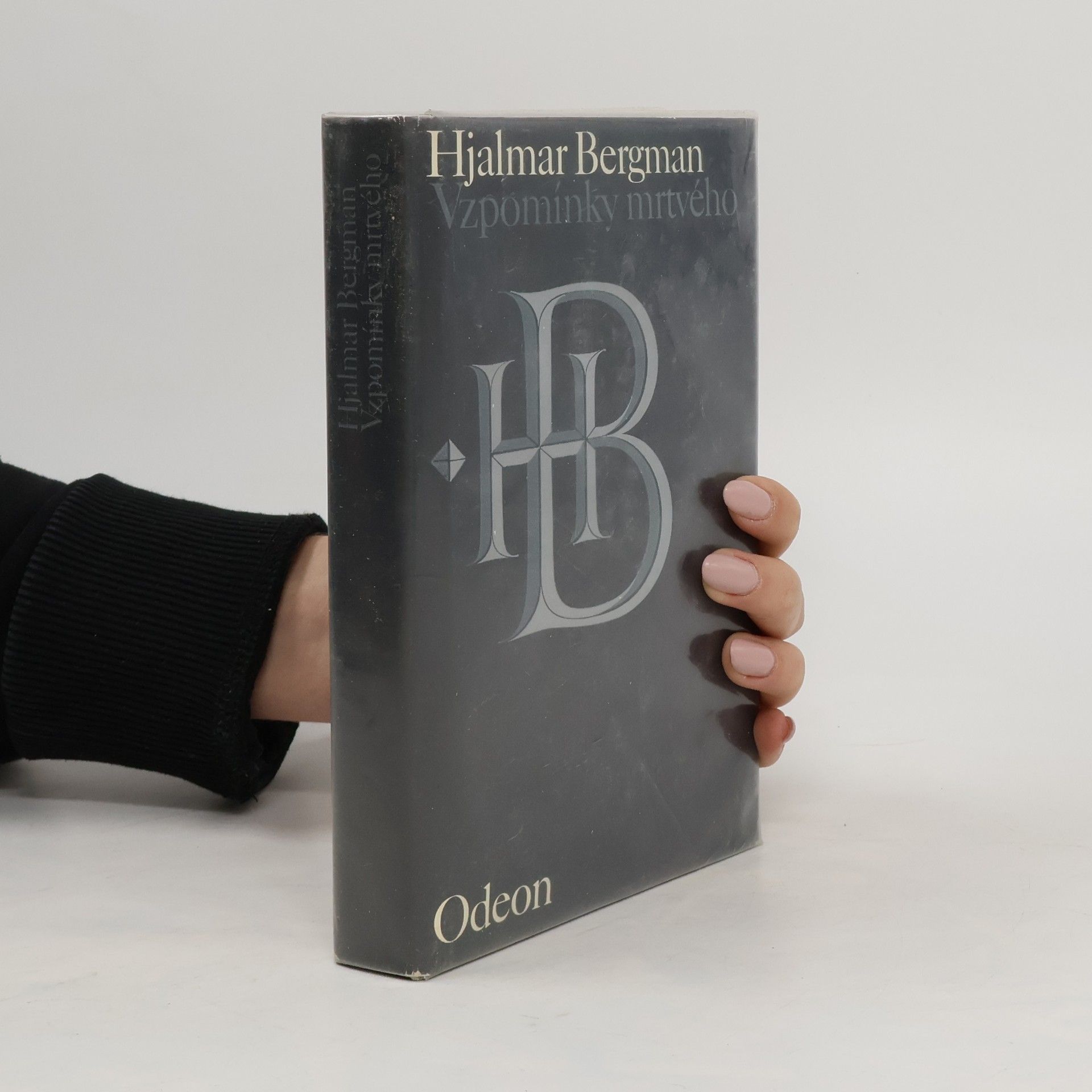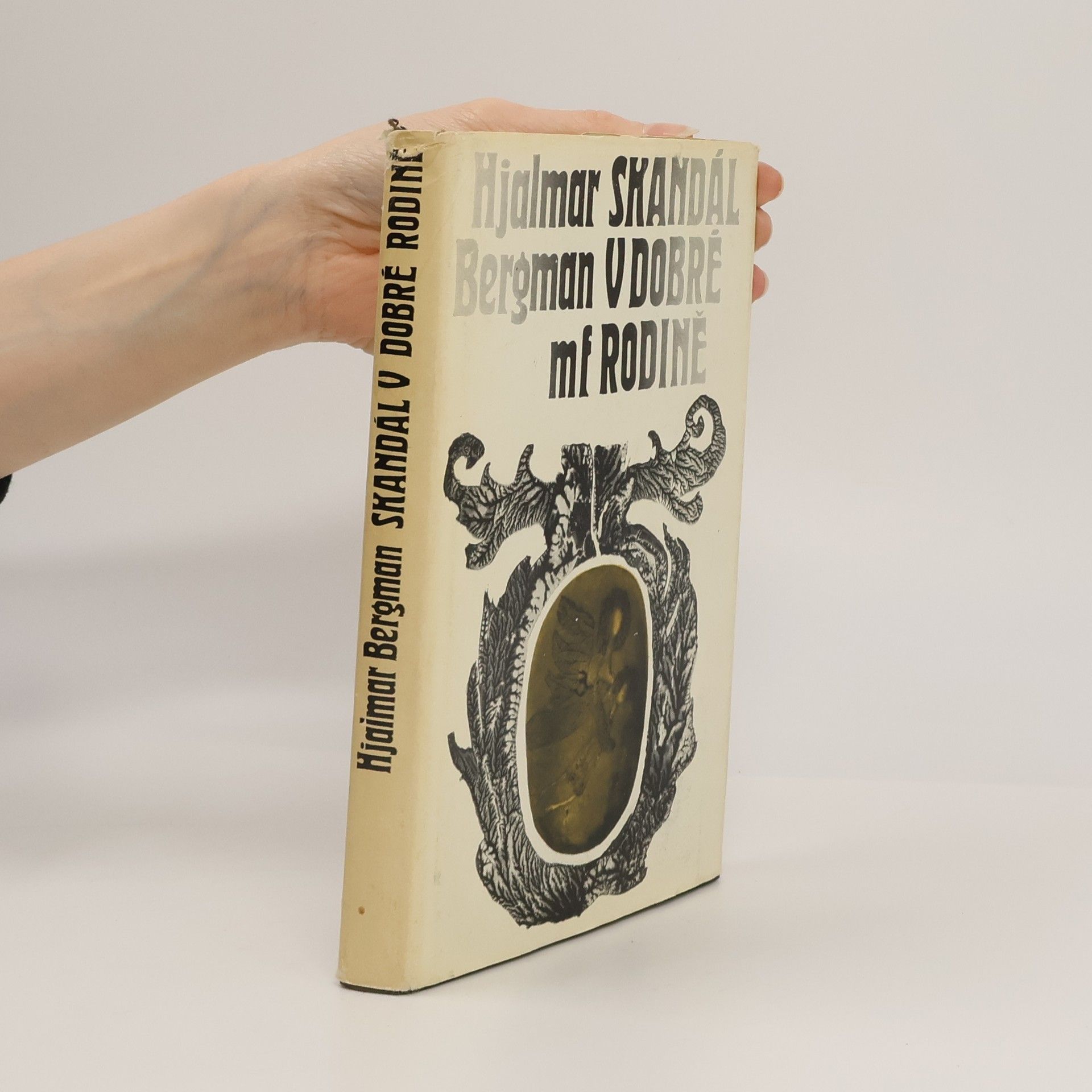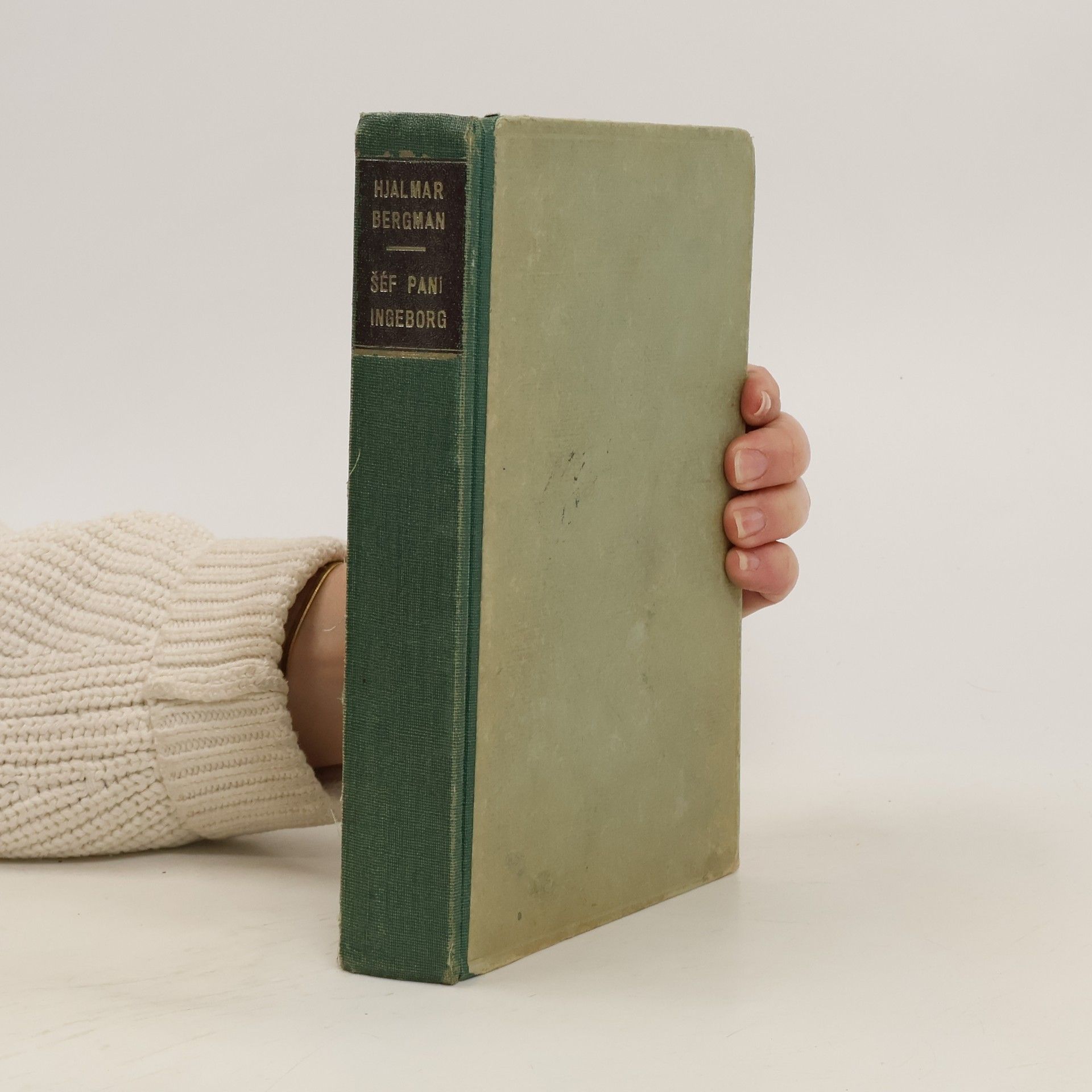Hjalmar Bergman Book order (chronological)
Hjalmar Bergman was a Swedish writer and playwright whose work often unfolds in a small Swedish town that becomes a parallel universe. He gradually unearths the deeply rooted secrets of interwoven families as his narratives grow increasingly symbolic. Bergman masterfully balances a pessimistic outlook with grotesque humor, creating a unique and compelling literary landscape.

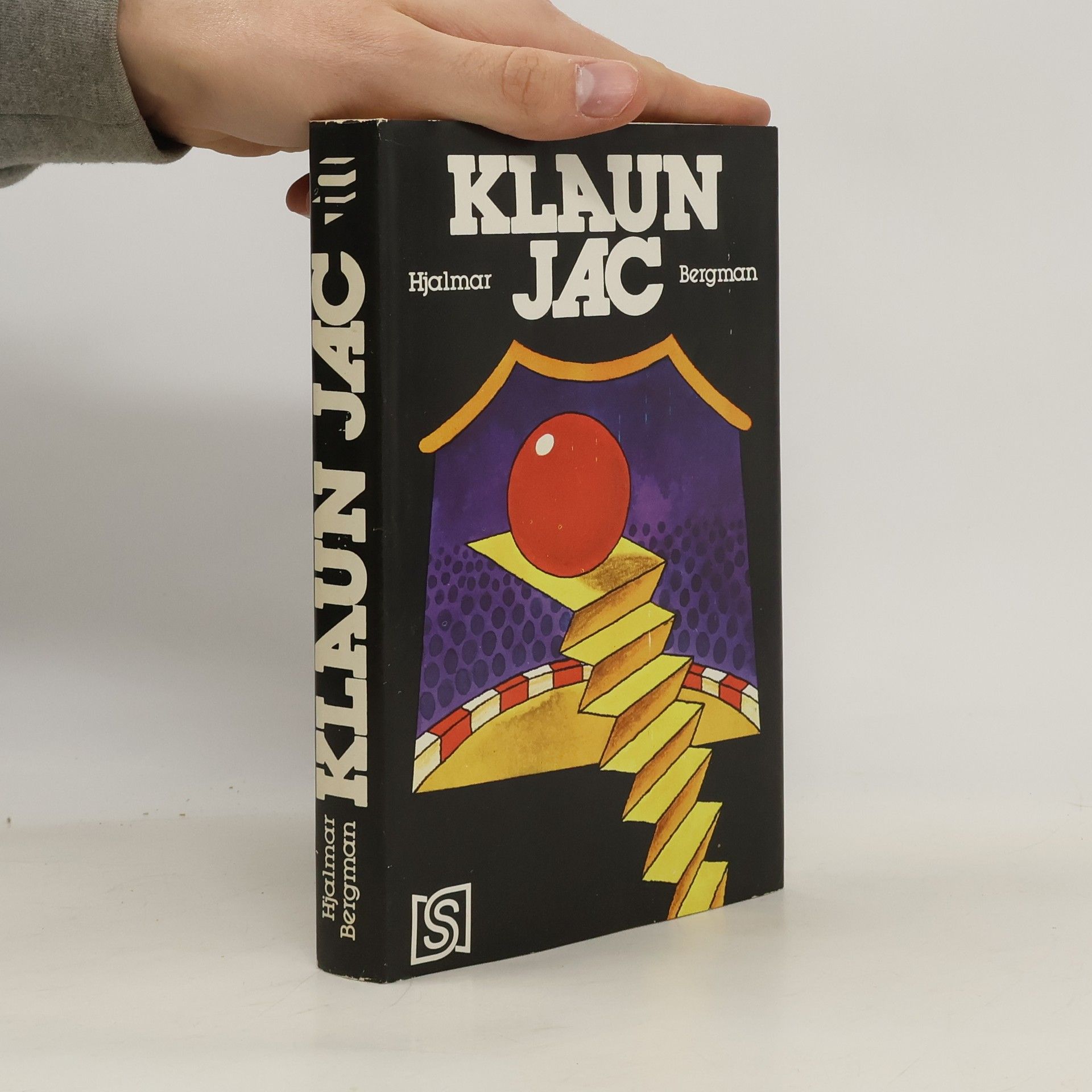




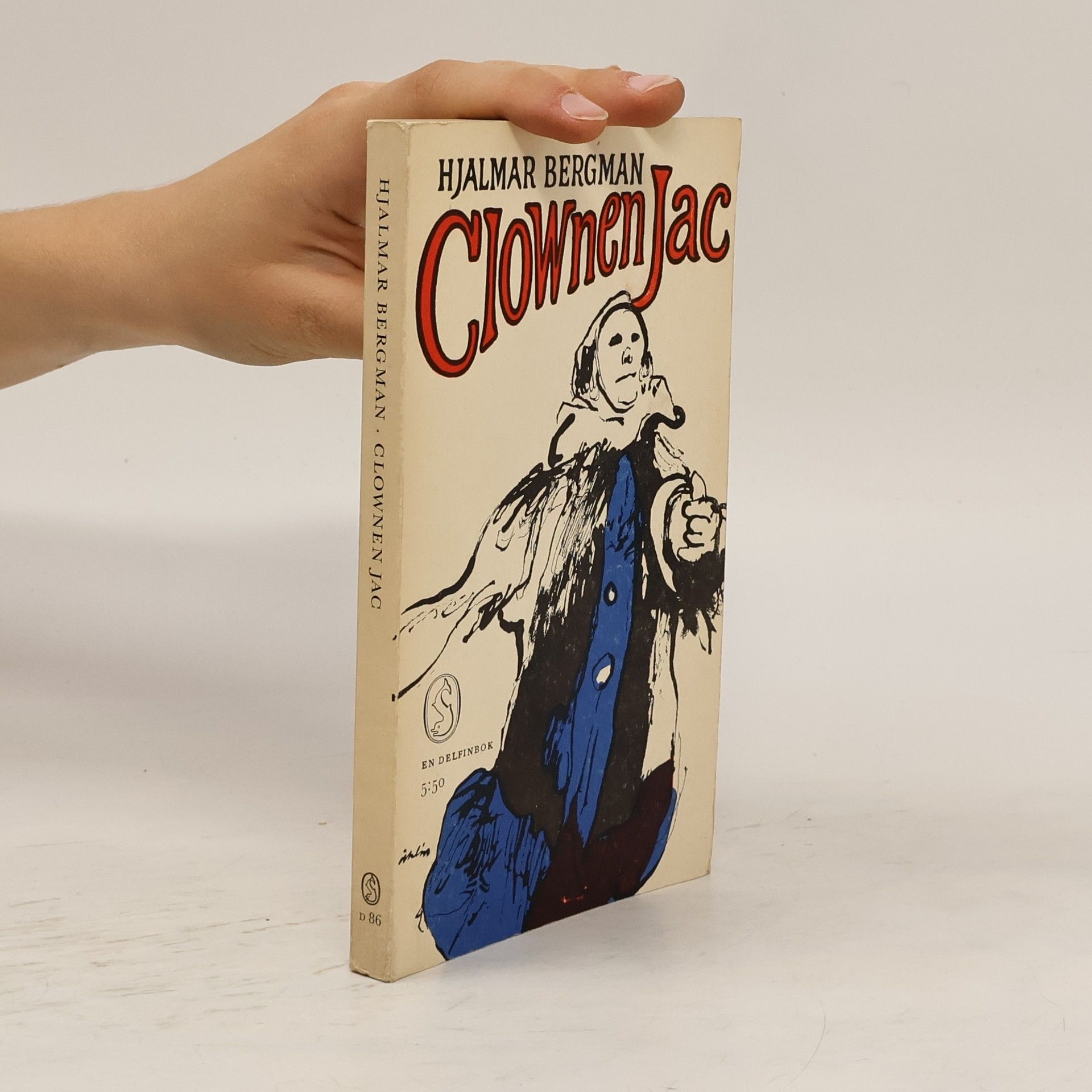
Jac Tracbac, mládenec pochybnej minulosti a teraz svetoznámy klaun, žije v prepychovom bungalowe v Kalifornii ako zajatec vlastného zábavného syndikátu a začína účtovať so svojím životom.
Autor zpodobuje v románě zanikajíci aristokratickou a patricijskou měšťanskou kulturu gründerských let švédského podnikání. Historie rodu zneuznaného vynálezce, podávaná v nadsázkách a karikaturách, se odvíjí ve Švédsku, Americe a Německu.
Showdown unter schwedischer Sommersonne: EineKleinstadt räumt mit ihrer Vergangenheit auf Der 6. Juni 1913 ist ein Tag, den ganz Wadköping so schnell nicht vergessen wird. Schlag auf Schlag offenbaren sich der schwedischen Kleinstadt sorgsam bemäntelte Geheimnisse: zwei heikle Affären, ein unehelicher Sohn, ein verschleppter Bankrott… Der Machtkampf zwischen den neureichen Markurells und den altehrwürdigen de Lorches gipfelt in einer Schulhofprügelei ihrer Sprösslinge. Ausgerechnet am Tag des Abiturs werden die Zukunftspläne beider Familien in Frage gestellt. Hjalmar Bergmans tragikomischer Roman, einer der beliebtesten Klassiker der schwedischen Literatur, amüsiert mit schrulligen Charakteren und köstlichen Dialogen.
Události jednoho dne v malém švédském městečku se soustřeďují kolem rodiny nenáviděného i obdivovaného selfmademana městečka. Humorně laděný román významného švédského prozaika (1883–1931), nejvýznamnější dílo autorovo. Tragikomickým hrdinou románu je bohatý majitel výletního hostince, jehož životním cílem je vydělávat peníze, avšak nikoli pro sebe, ale pro syna, kterého zbožňuje. V den, kdy syn dělá maturitu, se však dovídá, že mladík není jeho syn a málem zešílí, ale pak – a je to provázeno i změnou charakteru – pochopí, že rozhodující je láska a nikoli pokrevní příbuzenství.
